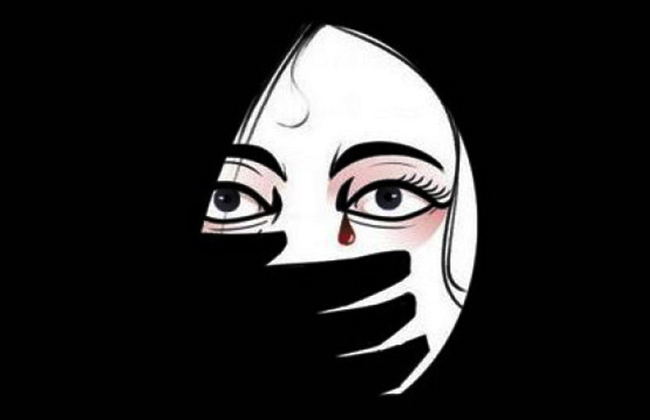
At this time, people in Bangladesh do not feel secure, particularly women, and everyone is afraid of being raped. Despite this, the penalty for the crime of “rape” has become more severe, but nothing positive has occurred as of yet. Instead of enforcing the law as it is and providing justice for the victim, the legislative body routinely begins the process of increasing the penalty whenever this incidence occurs and there is any debate at all about changing the law. The phrase “increasing punishment” seems to be a preoccupation for our culture. People have the misconception that by raising the severity of the penalty, there would be a greater likelihood that the crime would be committed less often. However, no one seems to be concerned about whether or not the survivor has the right to get restitution from the rapist via the state. Despite the fact that Bangladesh has laws and courts that may impose fines on rapists, the amount of the fine is considered as a fine and not as compensation. In this way, changing the laws alone is not a good way to deal with the problem of rape. Instead, there are other things that need to be done as well.
In section 15 of the Nari O ShishuNirjatan Daman Ain from the year 2000, it was stated very clearly that a fine was to be imposed on the person who committed the offence. The victim may get financial compensation in the form of a fine that the court levies on the perpetrator of the rape. In Bangladesh, the court has the discretion to change the penalty into compensation instead. The same does not apply to both the fine and the compensation. In Bangladesh, a judge may order a rapist to pay a fine, but only the judge can decide whether or not that fine should be converted into compensation for the victim.
Rape is punishable by two years in jail for life, imprisonment of any kind for a period that may extend to 10 years, and a fine. This is stipulated in section 376 of the Penal Code. The rapist is subject to a fine under penal law, but the victim must be assured that this amount will be used to compensate them for the rape they suffered. If this were to take place, there would be a significant drop in the number of rapes committed, and victims would be awarded compensation.
However, research conducted by the Bangladesh Legal Aid and Services Trust (BLAST) found that while courts issued fines in every instance, compensation was only granted in 6.8% of rape cases. Penal laws and several acts continue to be silent regarding the conversion of the fine into compensation, and if laws are said to treat the fine as compensation to the survivor, then judges should treat the fine as compensation, and we will see a significant amount of change in both our society and our legal systems. The Crime Victims Compensation Act was recommended in Bangladesh Law Commission Report No. 75 (2007) as a new piece of legislation. Every district should have a victim services committee so that all victims, not just those who have been raped but also those who have been hurt by other violent crimes, can ask the state for money.
A policy put in place by the National Legal Services Authority says that a rape victim in our neighbouring state of India will get at least Rs 4 lakh in compensation, and Rs 5 lakh if it was a gang rape.
In a similar way, the Criminal Injuries Compensation Authority (CICA) in the UK has set 37 different rates of compensation for people who have been sexually assaulted.
If a person who has been raped gets hurt both physically and emotionally because of the crime, they should be compensated for both.
A great number of additional nations, such as Taiwan and Hong Kong, provide monetary compensation in addition to psychological treatment for those suffering from mental discomfort. The question then becomes, why not Bangladesh?
In today’s society, there is an increasing need for rape victims to be compensated for their suffering. Through the use of the appropriate legal framework, it is the obligation of both the offender and the state to make amends to a rape victim. But the question of whether or not rape victims should be compensated has received far less attention. In the legal system of Bangladesh, victims of rape do not have any special access to get compensation as a matter of right. Rather, certain legislation and the decisions of the courts have rendered its performance voluntary. As a result, the problem of providing compensation to rape victims requires further attention. Rape victims should be awarded compensation as a matter of right since this is what justice calls for in a civilised society.
Shahariar Islam Sovon is a sub-editor of The New Nation


